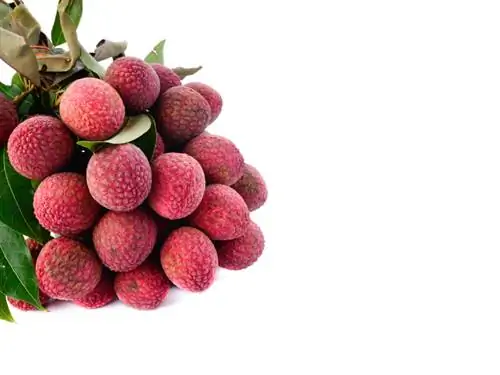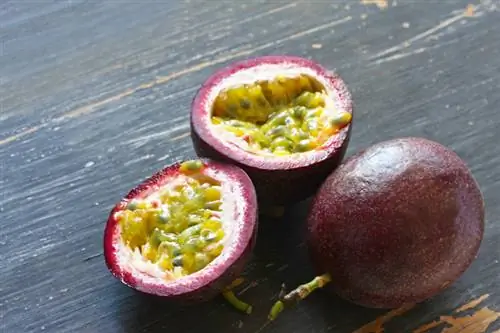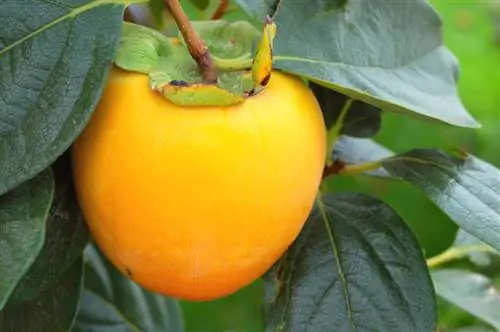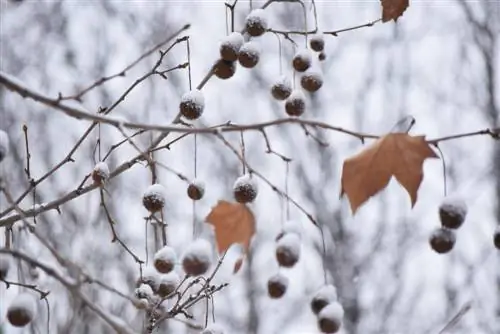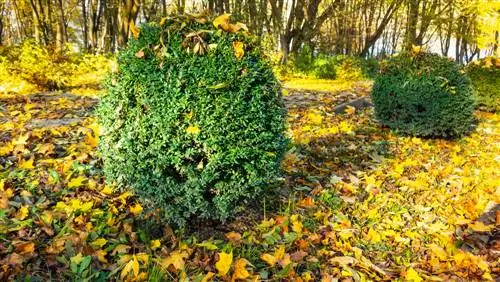- Author admin leonars@hobbygardeners.com.
- Public 2023-12-16 16:46.
- Last modified 2025-01-23 11:19.
The small, reddish fruits with the hard but thin shell are also known as litchi or lychee. In its southern Chinese homeland, the plum-like fruit is also known as the “love fruit”. Lychees are millennia-old cultivated fruits that have been cultivated in subtropical areas of China for more than 2,000 years.
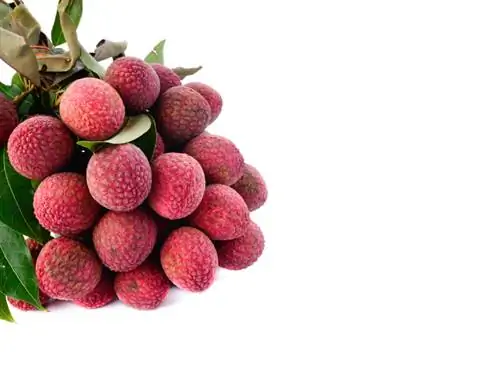
Where does the lychee fruit come from?
The lychee originally comes from southern China, particularly from the provinces of Kwangtung and Fukien. It has been cultivated in subtropical regions for over 2000 years. Nowadays, lychees are grown worldwide, for example in the USA, Australia, Southeast Asia and Brazil.
Litschis come from the subtropics
Litchis come from the lychee tree, which is native to the subtropics and tolerates cold and wind very poorly. In the native land of the lychee tree, winters are short and dry, while summers are hot and humid. It rains almost every day. The trees grow to a height of around 10 to 12 meters and are very productive - one tree can produce up to 300 kilograms of fruit. The lychee has been cultivated for at least 2000 years; the fruit was first mentioned in a Chinese writing from 1059 AD.
Global cultivation
The lychee originally comes from southern China, more precisely from the area of today's Kwangtung and Fukien provinces. Apparently there are still villages there today where lychee trees that are over 1000 years old bear fruit. Already in the 17th centuryIn the 19th century, the lychee reached neighboring subtropical countries such as Burma and India. Today the fruit is grown worldwide in suitable climate zones. Plantations are found in the southern United States, Australia, the Canary Islands, Southeast Asia, Madagascar, Israel, Mexico, Brazil and Hawaii.
Tips & Tricks
Litschis can also be cultivated in the actually unpleasant German climate - cultivation in a greenhouse makes this possible. Basically, the lychee tree is quite undemanding when it comes to care.

